Ayurvedic Dosha
The three Bio Energies of the Body
Dosha means, “that which goes out of balance” and when excess dosha accumulates illness can manifest. The three Doshas are Vata (space and air), Pitta (fire and water) and Kapha (earth and water).
According to Ayurveda, the prerequisite for good health is that Tridosha (all three Doshas) and Agni (digestive fire) are all in balance.
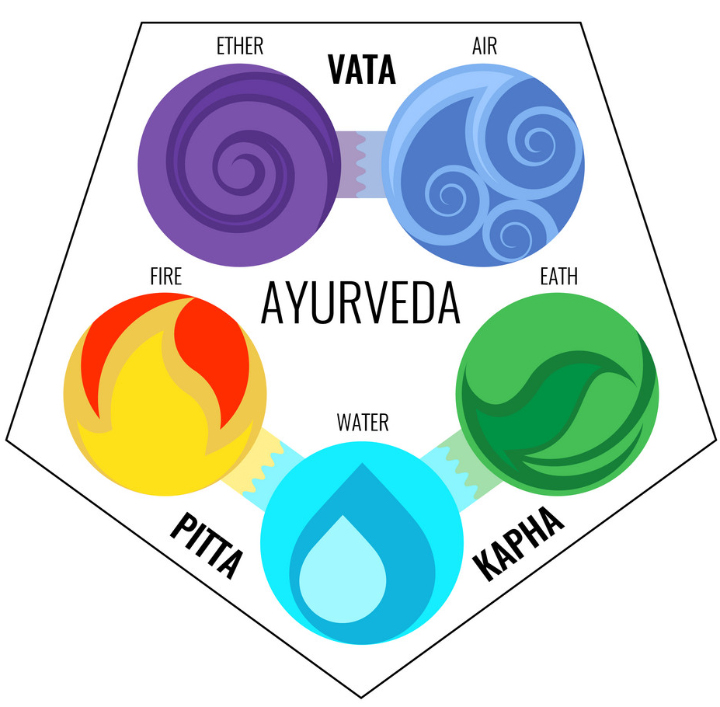
The three Doshas
Vata (air + space)
Vata manifests as the principle of movement in the body, it governs nerve impulses, circulation, respiration and elimination. Vata energy is concentrated in the nervous system, colon, hips and lower limbs.
Pitta (fire + water)
Pitta is the process of transformation cellular metabolism and transforms foods into nutrients. Pitta energy is concentrated in the small intestine, liver, gallbladder, spleen and also governs the blood.
Kapha (earth + water)
Kapha is the energy of cohesion and bonding and it governs the structure of the body, bones and muscles. Cerebral fluid in the brain and spinal column and mucous lining of the organs are Kapha functions. Kapha energy is concentrated in the brain, lymph, lungs and stomach.
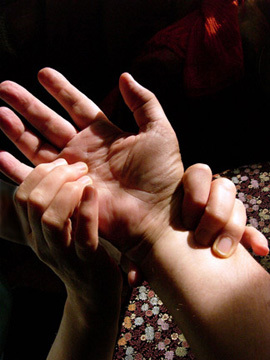
Assessing Dosha with Pulse diagnosis
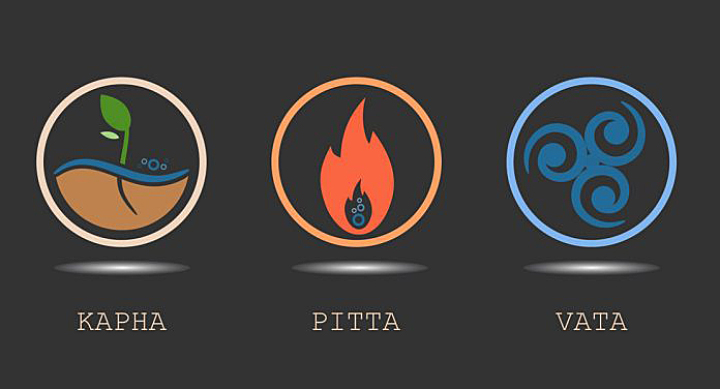
Attributes of the Doshas
- Vata qualities; dry, light, cold, rough, subtle, mobile and clear
- Pitta qualities; oily, sharp (penetrating), hot, light, mobile and liquid
- Kapha qualities; heavy, slow, cold, oily, smooth, (slimy), dense, soft, stable and cloudy
The 5 elements (air, space, fire, water, earth) are expressed through the attributes of the Doshas. The qualities of the Doshas helps us understand function, cause and effect. Ayurvedic and Tibetan Medicine treat imbalances with the opposite qualities.
For example, excess Vata dosha may cause constipation due to cold, rough, and dry quality in the colon. These Vata qualities are counteracted with warm and heavier, oily food. The opposite applies for a congested phlegmy Kapha condition, lighter and less oily food is required.
It is essential to understand your primary and secondary Dosha (Prakruti) and current imbalances (Vikruti) in order to customise your self-care.
In addition to a physical evaluation, mental, emotional, spiritual and social well-being have to be considered in an Ayurvedic health assessment.



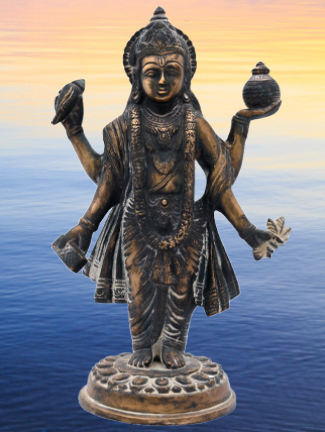
Dhanvantari, the Lord of Ayurveda is holding an pot field with the nectar of inmortality
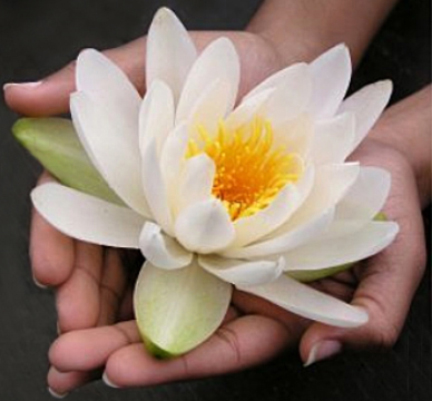
Symptoms of Dosha imbalance
Vata symptoms can include dry skin, constipation, gas, low body weight, insomnia, nervousness, anxiety, aches and pains, poor circulation, bells palsy, tinnitus, hearing loss, fibromyalgia, low immunity hyperthyroid, asthma, osteoporosis and chronic fatigue.
Diseases can include osteoarthritis and neurological disorders such as Parkinson’s, Multiple Sclerosis and Alzheimers.
Pitta symptoms can include acid reflex, ulcers, skin problems such as acne, rashes, dermatitis, eczema, diarrhoea, inflammation, migraines, allergies, gout, infections, eye disorders, hormonal imbalances, hot flashes, nausea, hypertension, anger, frustration and obsession.
Diseases can include autoimmune, rheumatoid arthritis, heart disease, liver and blood disorders.
Kapha symptoms can include, bloating, water retention, metabolic imbalances, weight gain, diabetes, high cholesterol, lethargy, depression, sinus congestion, lung problems, respiratory distress, hypothyroid, hypertension, lipoma, fibroids, cystic ovaries, gall stones, fatty liver, glaucoma and thrombosis.
Diseases can include congestive heart failure, tumors and leukemia.
Multiple Doshas can be involved in the disease process, cancer for example is a Tridoshic disease.
Elke Savala is an Certified Ayurvedic Practitioner and
Holistic Health Coach